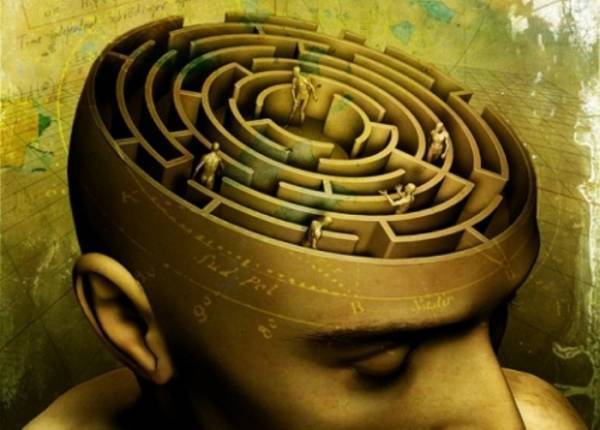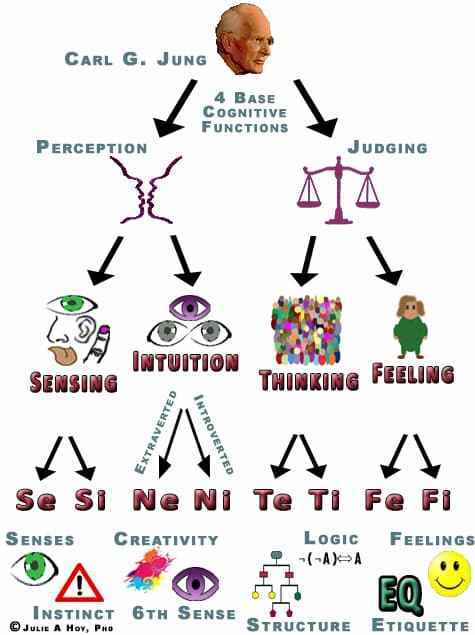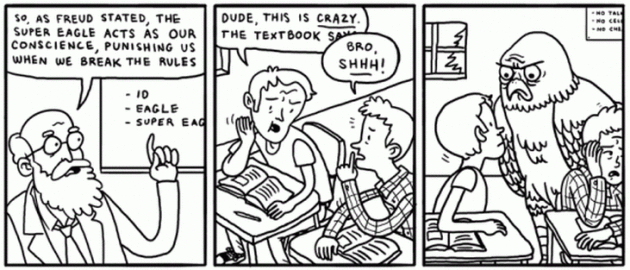Study the mind directly
September 6, 2019 Leave a comment
The reader can reject the whole concept if he wishes, since the object of this book is to encourage the reader to find things out for himself.
Quotes from: Richard Rose’s The Mind https://selfdefinition.org/rose/writings/richard-rose-the-mind.htm
When we’re talking about the mind, you don’t have to believe other people, you can look for yourself. Do you trust authorities to teach you about yourself, or can you be your own authority? What of what you know from others is real knowledge and what is merely concept juggling?
I think of studying my psychology as something like this image, wandering my attention and occasionally noticing manifesting features. Over time invested in the maze, its walls start to become more obvious. Its walls are its patterns. And I can talk from some degree of authority on my mind.

Many of the earlier authorities who felt obliged to define their work came up with several compartments, and seven to nine attributes of the mind.
What are the top seven attributes of your mind?
Some possibilities:
- Cognitive functions (i.e. thinking, feeling, sensing, intuition, and the introverted and extroverted versions of those)
- Worry, anxiety, defensive reactions
- Desire, hope
- Self-referential thoughts
- Honesty & dishonesty
- Management of competing desires
- Perception of silence?
Those are my first seven guesses.
The eight cognitive functions Jung identified are displayed in this graph:

(Image source: http://possibilitywarrior.com/language-of-functions/)
We must approach the subject in a simple manner, until we are able to experience the mind directly – which is the correct way to study it.
Anything anyone else says about their mind came from introspection and can only help direct questions for our own introspection. It’s their truth. Freud offers a classic example. Perhaps projection explains every theory of reality.
